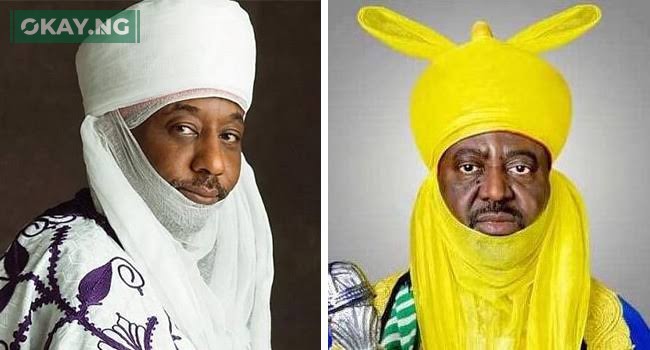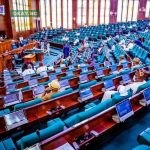The Federal High Court in Kano has scheduled June 13 to determine whether it has the jurisdiction to hear the case involving the emirate dispute between Lamido Sanusi and Aminu Bayero.
Presiding Judge Muhammad Liman fixed the date on Thursday after hearing arguments from the legal representatives of the involved parties.
The case, initiated by Aminu Babba Dan Agundi and Sarkin Dawaki Babba of the Kano Emirate, seeks to prevent the enforcement, implementation, and operationalization of the repealed law that reinstated Sanusi as Emir of Kano.
The respondents in the suit include the Kano state government, the Kano state house of assembly, the speaker of the state assembly, and the attorney-general of Kano.
Additional respondents are the Kano state commissioner of police, the inspector-general of police (IGP), the Nigeria Security and Civil Defence Corps (NSCDC), and the Department of State Services (DSS).
During the court session, M.S. Waziri, counsel for the applicants, argued that the court has jurisdiction to entertain the matter, emphasizing that the issue pertains to fundamental human rights.
“In compliance with the court’s order, we have filed a written address dated June 6 and hereby adopt the same, maintaining that the court has jurisdiction because the issue is of fundamental human rights,” Waziri stated.
He further argued, “The applicant, as a member of the Kano Emirate kingmakers, ought to have been involved in the reinstatement of the new emir. A breach of fundamental rights has no timeline. I urge the court to proceed with the case.”
Conversely, Mahmoud Magaji, counsel for the first and fourth respondents, urged the court to decline jurisdiction.
“We filed a written address dated June 3 and filed June 6. According to the constitution, only the Kano state house of assembly has the authority and power to make laws,” Magaji contended.
“The applicant is neither a member of the house of assembly nor the commissioner for chieftaincy affairs. The applicant may not need to be consulted.”
Ibrahim Wangida, representing the second and third respondents, supported Magaji’s submission, adding that the 2019 Kano emirate council law, which empowered the applicant, had been abolished.
“The 2019 Kano emirate council law, which gave power to the applicant at the time of filing his action, was abolished, so he ceased to be a kingmaker as of the time he filed the action because the governor had already assented to the law,” Wangida explained.
Sunday Ekwe, counsel for the fifth and sixth respondents, stated that they did not file any response, as the police are obligated to maintain peace and follow the court’s orders.









